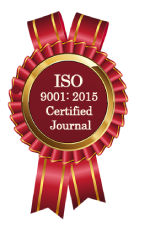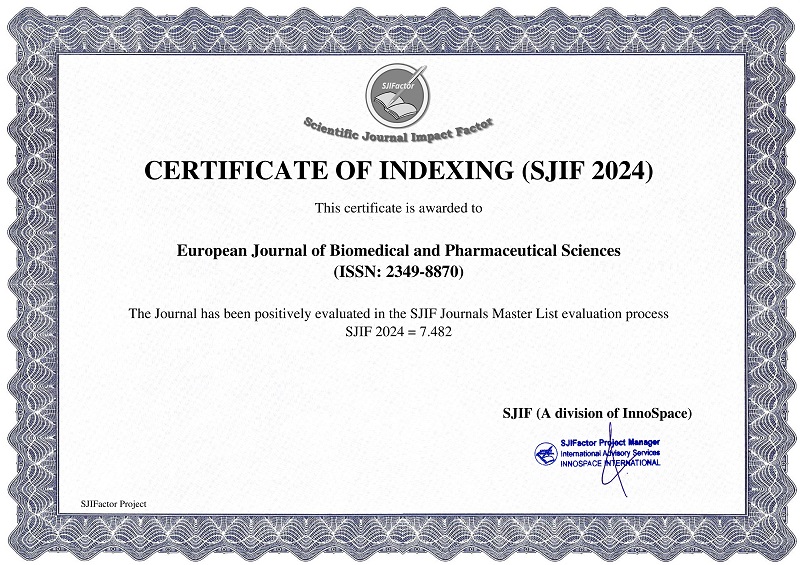COMPARATIVE EFFICACY STUDY OF A POLYHERBAL FORMULATION WITH OTHER AVAILABLE DRUGS IN PROPIOBACTERIUM ACNES INDUCED RAT MODEL
Ashok Kumar*, Nasim Mansoori, KavitaMunjal, Geetanjali Dahiya, Vivek Dwivedi and Manu Choudhary
ABSTRACT
Introduction: Propionibacterium acnes (P. acnes) is a commensal anaerobic, Gram positive bacteria playing an important role in the pathogenesis of various skin infections and diseases. The study evaluated the efficacy of a polyherbal formulation and compared with various marketed anti acne formulation in P. acnes induced acne in albino wistar female rats. Biochemical and enzymatic parameters were studied and histopathology of ear pinna tissue was done in acne exposed rats. Materials and Methods: 48 rats were distributed in eight groups containing six rats in each group. Group I: Control (saline treated), Group II: P. acne induced group (diseases control), Group III: P. acne induced group (polyherbal formulation treated) and group IV, V, VI, VII, VIII: P. acne induced group (marketed drug A, B, C, D, and E treated). Results: Present finding showed that activities of antioxidant enzymes were significantly decreased along with increased level of MDA in untreated group at 10th day (induction period) and 30th day (treatment period) of the study. Similarly, the level of total protein, Albumin and cholesterol were also found to be significantly increased along with decreased level of triglyceride in untreated group at 10th day. These biochemical parameters were significantly improved at 30thday. Conclusion: After treatment antioxidant enzymes (SOD, Catalase) along with MDA, improved significantly and normalized intestinally, we observed that polyherbal formulation have an antiseptic and antibacterial property that may be beneficial for human who suffer from chronic Acne Vulgaris.
Keywords: Polyherbal; topical drug; antimicrobial; anti-inflammatory; antiseptic properties.
[Full Text Article]
[Download Certificate]


 Impact Factor : 8.181
Impact Factor : 8.181 






